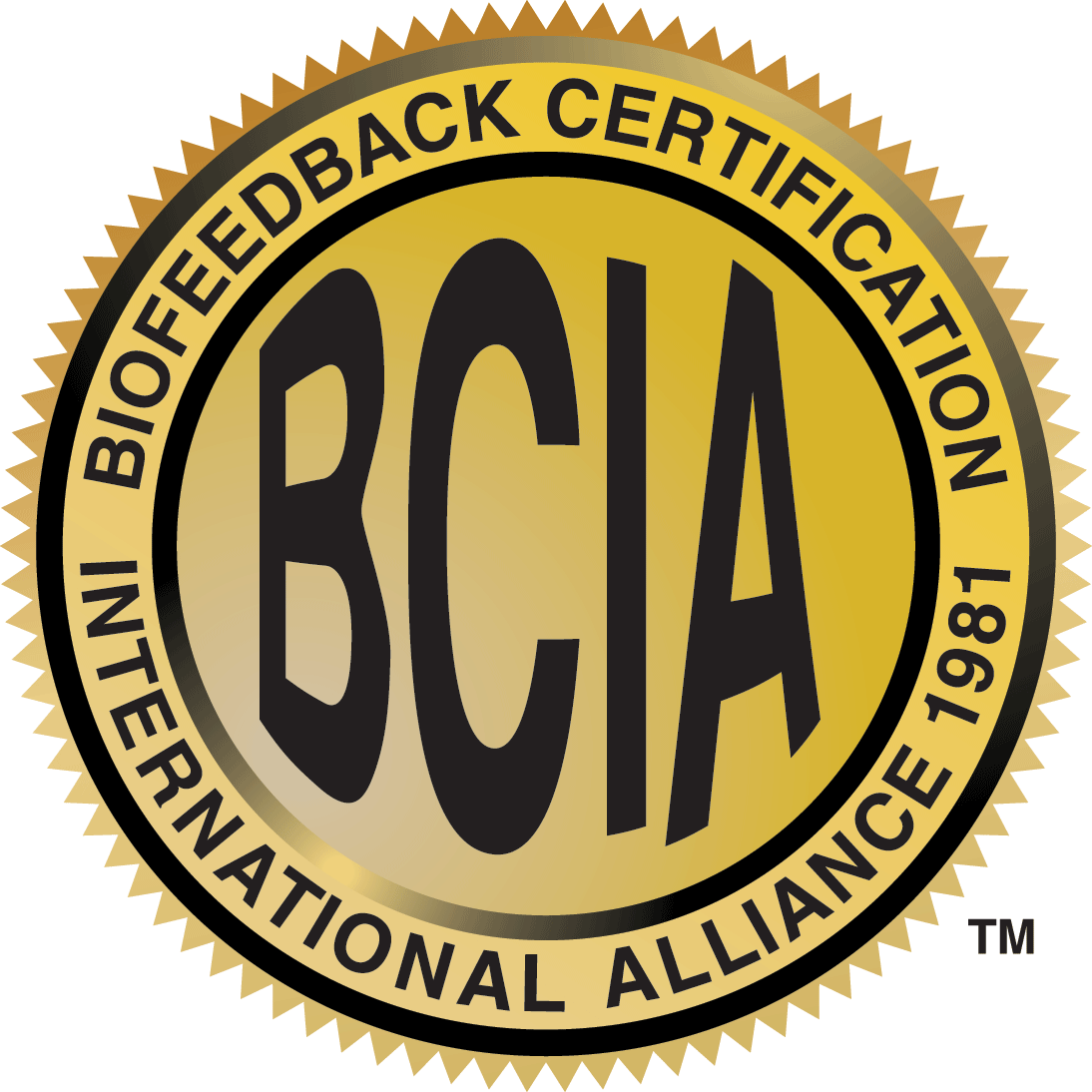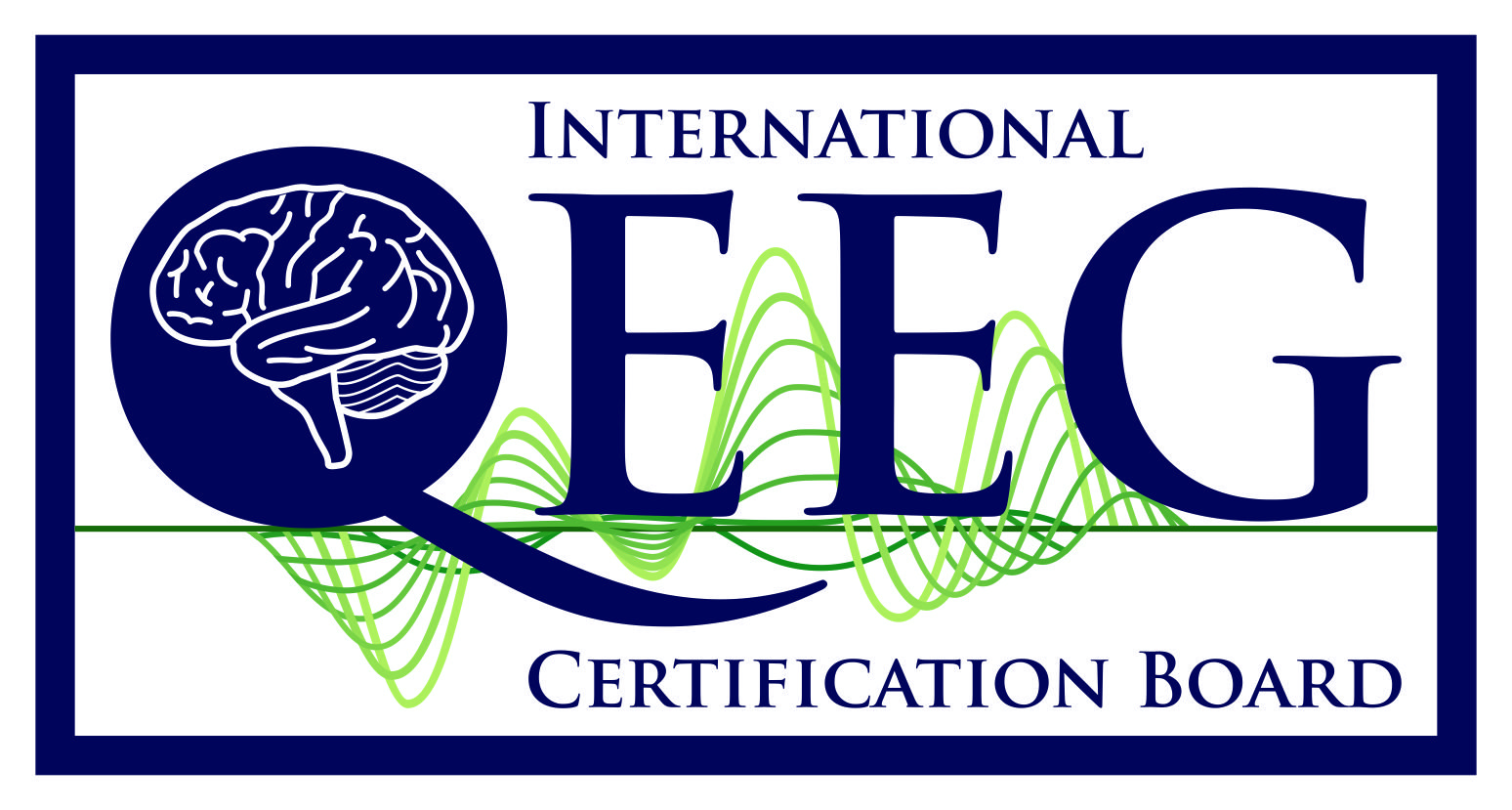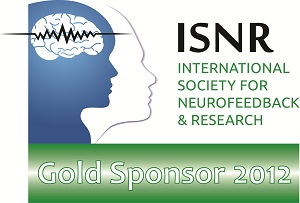Infra-slow Fluctuation (ISF) Training Workshop
March 2nd-4th, 2018
Hampton Inn and Suites
7448 International Dr
Orlando, Fl 32819

Instructor: Mark Smith – LCSW, BCN, QEEG-D
Total CEs: 14 Hours
Mark Smith, the developer of ISF neurofeedback, was the first to grasp the advantage of using a DC coupled amplifier for Infra-slow training. In 2007, in collaboration with BrainMaster Technologies Inc. and others, the method was established on a DC coupled amplifier, the Atlantis. This innovation allowed for the imaging of these minute signals with more clarity and less noise than conventional AC amplifiers.
Recent equipment and software advancements, specifically the Discovery and BrainAvatar 4.0 software, have allowed for 1, 2, 4, or 19 channel recording and ISF training. This innovation has provided a window on the mechanism of bipolar ISF training. We can now simultaneously render this signal in a bipolar and referential montage. The BrainAvatar 4.0 software has provided a platform for the combination of ISF training and concurrent Z score training/analysis and/or sLORETA training/analysis. This improvement makes for a safe, effective, and data rich method of slow wave training.
Infra-slow Fluctuations, first identified by Russian researchers in the 1950s(Aladjalova, 1964) and later corroborated by Joe Kamiya (Girton, Benson, & Kamiya, 1973) and others, became a signal of significant interest to researchers recently. Research suggests that the infra-slow signal underlies the excitability dynamics of cortical networks (Vanhatalo et al., 2004). Vanhatalo became so convinced of the ISF’s centrality in cortex that he stated that any attempt to attenuate this slow signal eliminates the most salient features of the human EEG. Further, it appears to be a direct electrophysiological correlate for slow fluctuations in human psychophysical performance (Monto, Palva, Voipio, & Palva, 2008). Most recently research has suggested that very slow oscillations are associated with the Default Mode Network of the human cerebral cortex and appear to be related to ADHD symptom status (Broyd, Helps, & Sonuga-Barke, 2011; Tye et al., 2012).
This workshop will demonstrate the process of infra-slow fluctuation training in clinical practice. The method pivots on the determination of an optimum frequency (OF) that is trained for each individual client. In the didactic portion of the workshop, the OF determination process will be demonstrated along with a discussion of the equipment and optimal signal processing requirements necessary to accomplish effective training. The value of QEEG in predicting treatment responders, treatment planning, and determining treatment outcomes will be established. The practicum portion of the course will span two days for all practitioners to have several opportunities for hands on training in the optimization process, in evaluating outcomes, and in adjusting treatment accordingly. The emphasis on the workshop practicum will provide students with the necessary tools to integrate ISF training in clinical practice.
Passkey license may be required for specialized protocol use. Please ask for details when registering.
Read More:
Reserve a Room – COMING SOON!
Purchase Options:
Full Workshop – 3 Days
$895 USD
[eshop_addtocart]
[Day 1] – Friday March 2nd
9:00am – 5:00pm
- Clinical and technical overview including live demonstrations of Infra-Slow-Fluctuation training and initial hands-on component.
12:30pm – 1:30pm – LUNCH
[Day 2] – Saturday March 3rd
9:00am – 5:00pm
- Hands on training. Please bring your computers and amplifiers. If you don’t own a DC coupled amplifier, please don’t let that stop you from attending. We will team you up with someone who does.
- Extensive practice in the use of the ISF software, training student clients, and setting the Optimum Frequency for training.
- The use of QEEG analysis for evaluating ISF candidates, treatment response, and beginning placements.
- Choosing a NeuroMeditation style
- Presentation of Pre/Post QEEGs and neuropsychological tests of ISF trained clients with a variety of presentations including affective disorders, autism, PTSD, ADHD, and insomnia.
12:30pm – 1:30pm – LUNCH
[Day 3] – Sunday March 4th
9:00am – 5:00pm
- Hands on training. Please bring your computers and amplifiers. If you don’t own a DC coupled amplifier, please don’t let that stop you from attending. We will team you up with someone who does.
- Extensive practice in the use of the ISF software, training student clients, and setting the Optimum Frequency for training.
- The use of QEEG analysis for evaluating ISF candidates, treatment response, and beginning placements.
- Choosing a NeuroMeditation style
- Presentation of Pre/Post QEEGs and neuropsychological tests of ISF trained clients with a variety of presentations including affective disorders, autism, PTSD, ADHD, and insomnia.
12:30pm – 1:30pm – LUNCH

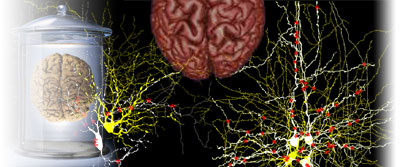
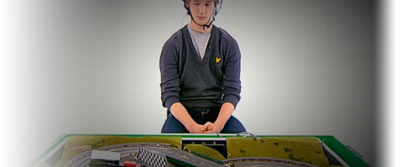
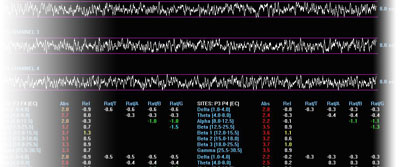
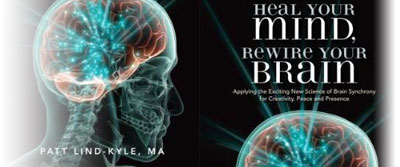
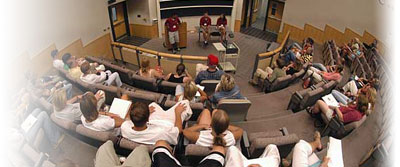
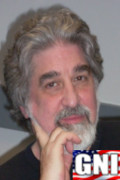 Thomas Collura
Thomas Collura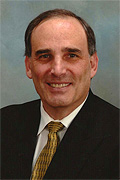 David Cantor
David Cantor Robert (Rusty) Turner
Robert (Rusty) Turner Richard McAlister
Richard McAlister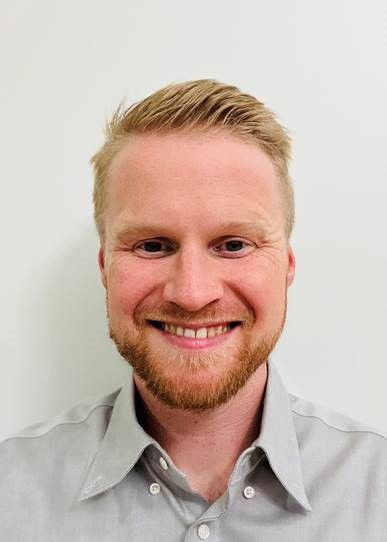 David Ims
David Ims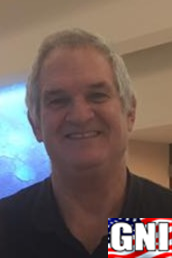 Jeff Reich
Jeff Reich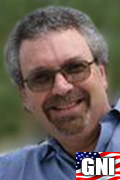 Steve Warner
Steve Warner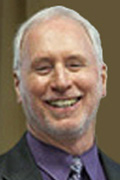 Thomas Brownback
Thomas Brownback Dolores Gaxiola
Dolores Gaxiola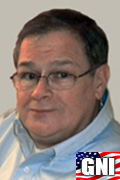 J. Michael Griffin
J. Michael Griffin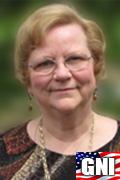 Donna Creasy
Donna Creasy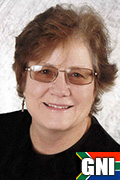 McGill Scott
McGill Scott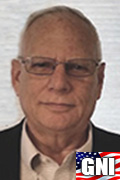 Rich Davis
Rich Davis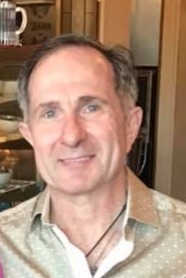 Harry (Bill) Brubaker
Harry (Bill) Brubaker Andre Keizer
Andre Keizer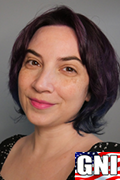 Penijean Gracefire
Penijean Gracefire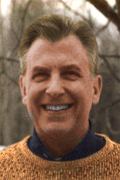 John Demos
John Demos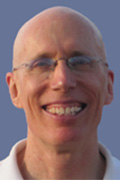 Mark Smith
Mark Smith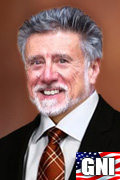 Dick Genardi
Dick Genardi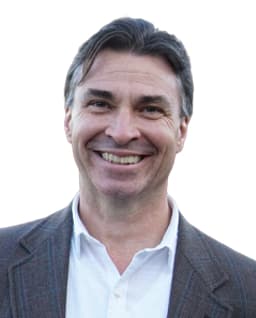 Jeff Tarrant
Jeff Tarrant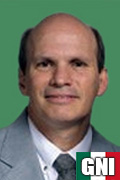 Adrian Roel
Adrian Roel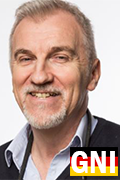 Thomas Feiner
Thomas Feiner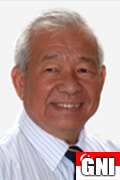 Joseph Guan -Tech
Joseph Guan -Tech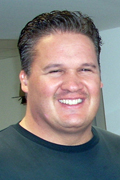 Bill Mrklas
Bill Mrklas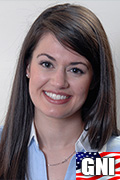 Christen Stahl
Christen Stahl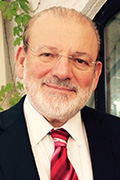 Giuseppe Chiarenza
Giuseppe Chiarenza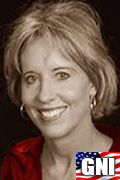 Yvonne Tate
Yvonne Tate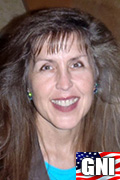 Lisa Black
Lisa Black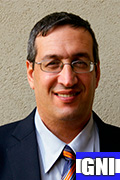 Doron Todder
Doron Todder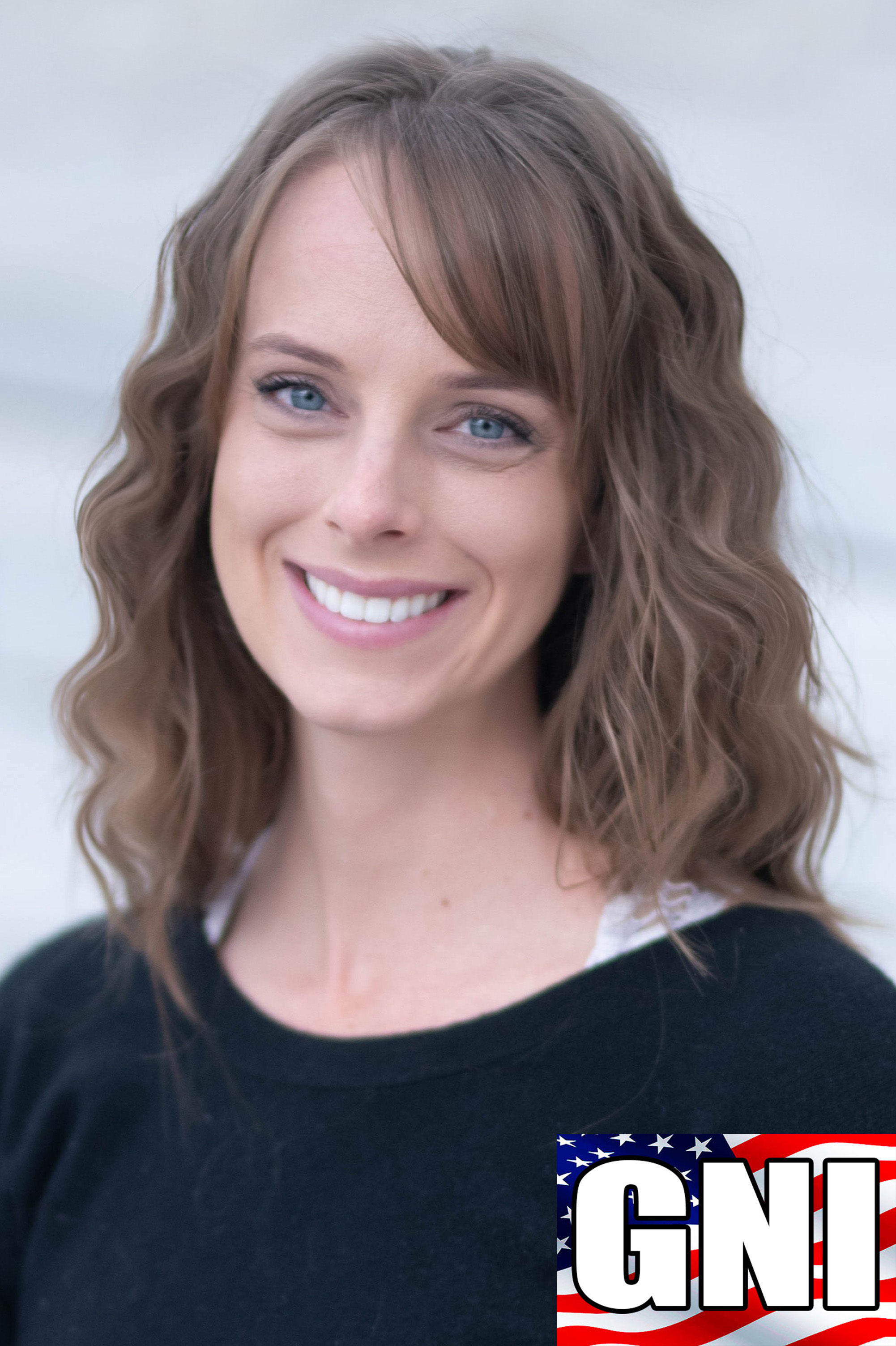 Dayna Nevar
Dayna Nevar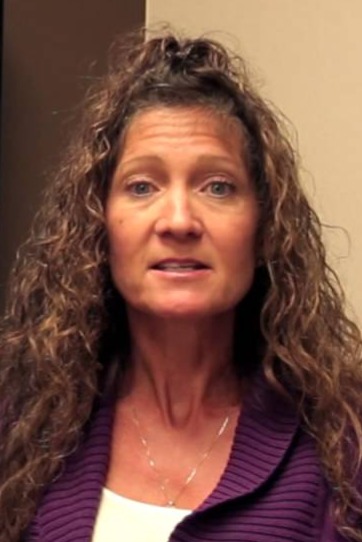 Becky Bassham
Becky Bassham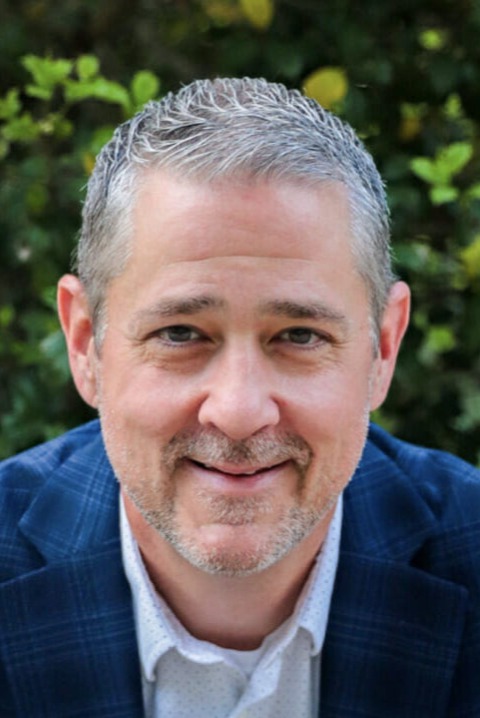 Michael Trayford
Michael Trayford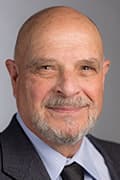 Ron Bonstetter
Ron Bonstetter
